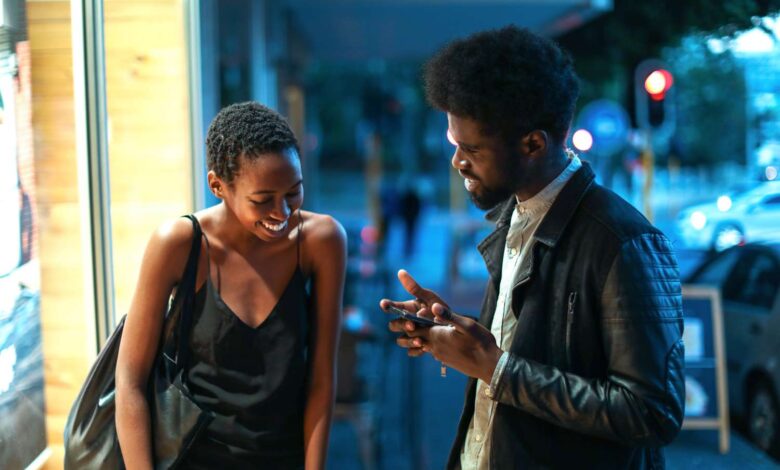Is love at first sight real?
This rapid assessment is known as "thin-slicing" and is driven by our evolutionary need to quickly evaluate potential partners for traits like health, confidence, and compatibility.

Love at first sight—romantic or unrealistic? For centuries, poets, authors, and filmmakers have depicted that magical moment when two people lock eyes and instantly fall in love.
But in the real world, is love at first sight truly possible, or is it just a myth? While many young people dream of this kind of instant connection, science offers a more nuanced perspective.
The Science Behind First Impressions
Psychologists agree that first impressions matter—a lot. Dr. James Mbabazi, a social psychologist, explains that humans are wired to make split-second judgments about others.
“Within just a few seconds of meeting someone, our brains are already forming opinions about them based on their appearance, body language, and facial expressions,” Dr. Mbabazi says.
This rapid assessment is known as “thin-slicing” and is driven by our evolutionary need to quickly evaluate potential partners for traits like health, confidence, and compatibility.
But is this initial attraction the same as love? Not quite. According to Dr. Mbabazi, what we often experience at first sight is infatuation—an intense physical or emotional attraction to someone.
“It’s more accurate to call it ‘lust at first sight’ because it’s based on immediate visual cues rather than the deep emotional connection that love requires,” he explains.
The Role of Chemistry
There’s also a biological component to the idea of love at first sight. When we’re attracted to someone, our brains release a cocktail of chemicals, including dopamine, which creates feelings of pleasure, and adrenaline, which causes excitement.
This chemical rush can make the experience feel almost magical, leading some to believe they’ve fallen in love within moments of meeting someone.
“I saw her across the room, and everything just slowed down,” says 24-year-old Ronald Kazibwe, describing his first encounter with his girlfriend.
“It felt like something clicked instantly.” Stories like Ronald’s are common, with many people recalling that initial spark when they first met their partner. However, what they’re often feeling is the powerful influence of brain chemistry, not necessarily the deep bond that defines true love.
The Power of Attraction
The idea of love at first sight is also fueled by physical attraction. Research has shown that people are more likely to believe in love at first sight when they find someone highly attractive.
This attraction can lead to positive feelings and make people more open to forming a connection. In many cases, physical attraction is the first step toward a deeper emotional bond.
Yet, while attraction can create a strong pull, Dr. Mbabazi points out that it’s only part of the equation. “Attraction is important, but it’s just one piece of the puzzle,” he says.
“Lasting love requires time, communication, and mutual understanding. What you feel at first sight might be strong, but it’s not the full picture.”
Does Love at First Sight Last?
One of the biggest questions surrounding love at first sight is whether it can lead to a lasting relationship.
Studies show that while some couples who claim to have experienced love at first sight do go on to have successful, long-term relationships, the majority of lasting partnerships are built over time.
A strong initial attraction can certainly help, but it’s not enough to sustain a relationship on its own.
For 26-year-old Brenda Aine, who met her partner at a friend’s party, love developed slowly.
“I was definitely attracted to him when we first met, but I didn’t feel like I was in love right away,” she says. “As we got to know each other, those feelings grew. Now, I can say I love him, but it wasn’t instant—it took time to build.”
Dr. Mbabazi agrees, emphasizing that love is a process. “Falling in love happens over time, as you get to know someone and build trust and intimacy. Love at first sight might give you a head start, but the real work comes in the days, weeks, and months that follow.”
A Romantic Myth or a Real Possibility?
So, is love at first sight real? The answer lies somewhere in between. While people can feel an intense connection or attraction at first sight, true love takes time to develop.
What we often label as “love at first sight” is more likely to be a combination of physical attraction, brain chemistry, and excitement—all of which can pave the way for a deeper emotional bond if nurtured over time.
For young people caught up in the whirlwind of modern dating, it’s important to remember that lasting love isn’t always immediate.
As Dr. Mbabazi puts it, “The strongest relationships are those that are built over time. Love at first sight might open the door, but it’s what you do after that moment that really counts.”







